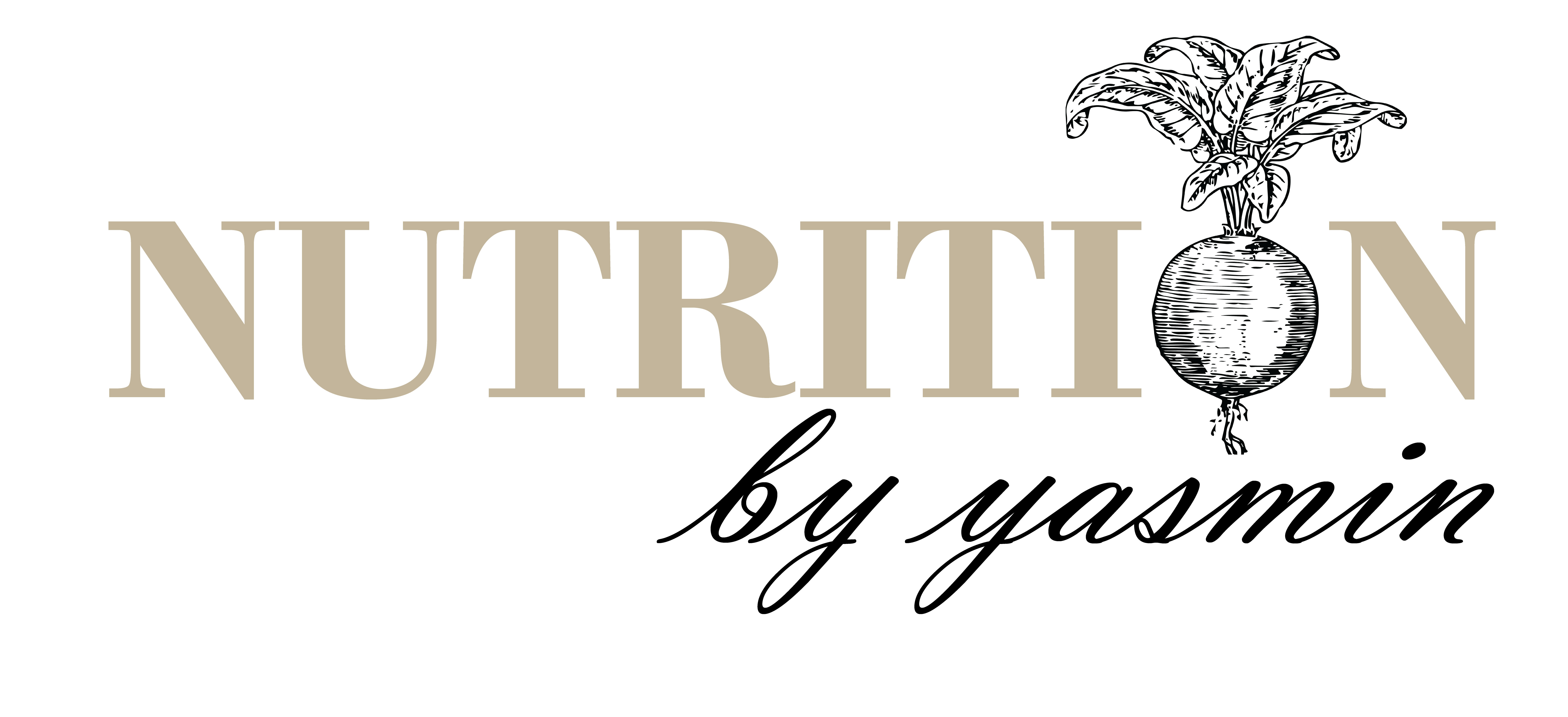Stress & Our Diets: what you need to know
Stress: something that we may be all experiencing higher levels of at the moment. Whilst there are so many lifestyle measures and tools to use when it comes to managing stress, such as exercise and breath work, our nutrition is also vital to ensure our body has all the resources it requires to deal with the higher stress load. There are some key nutrients that are called upon during times of increased stress, so trying to increase their intake in the diet is a great way to bolster this.
Here I outline my 5 key principles and nutrients that are important for managing stress.
- Balance blood sugar levels
During times of stress, we product cortisol (our stress hormone), which increases our blood sugar levels, ready to tackle the task at hand. This is a survival mechanism, as many years ago, the main stressors humans faced were being confronted by a tiger in the wild. This increase in blood sugar levels enables us to either fight the tiger (or tackle the task) or run away from it – hence the “fight or flight” phrase you may have heard before. Our bodies are extremely clever, however our bodies will still react this same way to stress, whether we are confronted by a tiger or stressed by our forever growing email inbox and neve ending to do lists.
Not only does being chronically stressed drive our blood sugar levels up, consuming a diet high in refined carbohydrates (white bread, white pasta, sweets, cakes, biscuits) and sugars can further attenuate the whole process by putting your body under more stress. Increased blood sugar levels can also increase your risk of developing type 2 diabetes and heart diseases over a prolonged period.
A way to attenuate this is to balance your blood sugar levels through your diet. Aim to combine complex carbohydrates (such as whole grains, root vegetables, quinoa, vegetables) with a source of protein (chicken, chickpeas, eggs, fish) and healthy fats (nuts, seeds, avocado, olive oil) to promote a slow breakdown of carbohydrates and release of energy into your bloodstream, and avoid the blood sugar rollercoaster! Aim for blood sugar balancing meals and snacks throughout the day.
- Magnesium rich foods
From contributing to energy production, being an essential part of chemical reactions and mineral balance, magnesium is an essential mineral required for every organ and most cellular function within the body. During times of stress, magnesium can be used up at an increased rate, which then increases the stress burden on the body even further. Ensuring you’re eating magnesium rich foods is essential to try and avoid deficiency, especially at times of increased stress. The most magnesium rich foods include: pumpkin seeds, legumes, whole grains, green leafy vegetables, dark chocolate, tofu, Brazil nuts, cashew nuts, almonds and pine nuts.
Women require 270mg daily and men 300mg. 30g of pumpkin seeds contain about 79mg.
- Vitamin C
Vitamin C is famously known for it’s importance for our immune system, but did you know that it is required in high amounts in our adrenal glands, and is one of the nutrients that is called up during stressful times. Our adrenal glands are small pea shaped glands that sit just above the kidneys and are the glands that secrete our stress hormones cortisol and adrenaline. Vitamin C is a water soluble vitamin, which as it is not stored within our bodies, we require some dietary intake daily. Rich sources of vitamin C include red bell peppers, broccoli, broccoli, cauliflower, kale, kiwi, lemon, oranges, strawberries and papaya.
- Zinc
Zinc is a mineral that’s required for cortisol production and is therefore in higher demand when stress levels are elevated. As well as this, zinc is vital for immune function, with studies showing that zinc supplementation administered at the onset of symptoms can reduce the duration and severity of the common cold amongst healthy people. Richest food sources include oysters, live, beef, lamb, pumpkin seeds and beans.
- Omega 3 fats
The human brain is made from around 60% fat, therefore dietary fat is vitally important when it comes to stress and mental health. Our omega 3 fats are a type of polyunsaturated fat that are anti-inflammatory and important for coping with stress. They must come from the diet as our bodies cannot produce them. Great sources are oily fish (SMASH standing for salmon, mackerel, anchovies, sardines and herring), walnuts, chia seeds and flaxseed.
*** This blog post is not intended or implied to be a substitute for seeking professional medical advice, diagnosis or treatment. Information provided here is general and is not intended to treat, diagnose, prevent or cure any diseases or conditions. Please contact your GP or private health consultant if you have any personal health concerns, or consult a registered nutritional therapist for personalised dietary and lifestyle advice and guidance.

